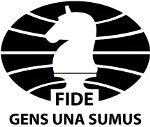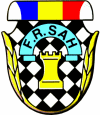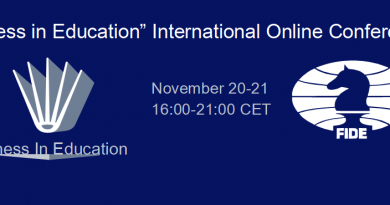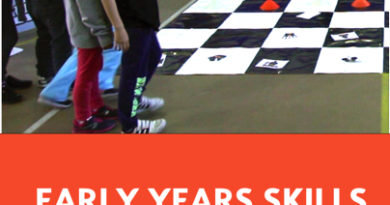The doctrine of fair play
by Dr. Uvencio Blanco Hernández

The concept of fair play
The notion of fair play is intimately associated with ethical or moral conduct, which is why some authors consider it to be based on the principle that sport is a permanent search for morality that emphasises participation. The philosophy of fair play has certain principles aimed at developing a true competitive spirit, i.e. a spirit of sportsmanship.
The philosophy of fair play emphasises some essential elements:
- Respect the rules of the game.
- Respect the referees and accept their decisions.
- Respect the opponent.
- Give all participants equal opportunities.
- Maintain dignity under all circumstances.
The general implications relate to the overall steps that need to be taken to promote the philosophy of fair play. These implications are:
- It emphasises the pursuit of excellence as an important goal in itself.
- Suggests behaviours in line with the way you want participants and spectators to behave.
- It encourages participants to respect the rules and spirit of the game.
- Actively promotes respect for officials and other competitors.
- Invites participation and giving one’s best; as being more important than winning or losing.
- Believes that all participants should be treated with respect and dignity.
- Considers sport to be just one aspect of life.
Respect as a central element of fair play
The study of fair play offers us a great opportunity for the teaching and recognition of values at school; in particular, to children and young people in the process of training. In this sense, the European Chess Union (ECU) has adopted the European Code of Fair Play as a means of disseminating the highest values of the sport, among which the following stand out:
- Fair competition: in order to enjoy the products of success, for it is not enough to win. Winning must be measured by absolutely fair means, honesty and fair play.
- Respect: for every athlete, playing according to the written rules is mandatory and respecting the unwritten rules is a commitment. Fair play requires unconditional respect for opponents, fellow players, referees and fans.
- Friendship: rivalry on the field does not exclude friendship. On the contrary, friendship can grow out of noble rivalries.
- Team spirit: individuals may be strong on their own, but they are much stronger in a team. Sharing the moment of victory with your team is the ultimate pleasure.
- Equality: competing on equal terms is essential in sport. Otherwise, performance cannot be measured properly.
- Sport without doping: fair play means no cheating by taking drugs or doping. Anyone who does this ruins the game for everyone else.
- Integrity: being honest and having strong moral principles are essential for fair play. Playing sport within a strong ethical framework is vitally important if you want to be a true champion.
- Solidarity: It is important to support each other and share feelings, goals and dreams. Mutual support brings mutual success on and off the field.
- Tolerance: the willingness to accept behaviour or decisions you may not agree with develops your self-control. Ultimately, that could be the deciding factor in winning or losing.
- Excellence: sport engages us in a collective effort to pursue human excellence.
These values have been adopted as chess principles in both the Laws of Chess and the Anti-Cheating and Anti-Doping Regulations promulgated by the International Chess Federation (FIDE).
International Committee for Fair Play
This Code of Fair Play is issued by an institution whose central purpose is the recognition and promotion of the Code of Fair Play. This is the International Fair Play Committee (IFPC). An international non-governmental and non-profit organisation founded in Paris in mid-1973, whose objective is the promotion of fair play or sportsmanship in international competitions.
As its statute states, the main objective is to preserve and promote respect for the spirit of fair play and the values it represents, not only in elite sport and sport for all, but also in everyday life, and in particular for written and unwritten rules, respect for the opponent and the rejection of violence and doping.
Source: Blanco, U. (2004) Juego limpio contra el dopaje en el deporte. Caracas, Blanco, U. (2004) Dopaje y trampas en el ajedrez. Obra S/P.



